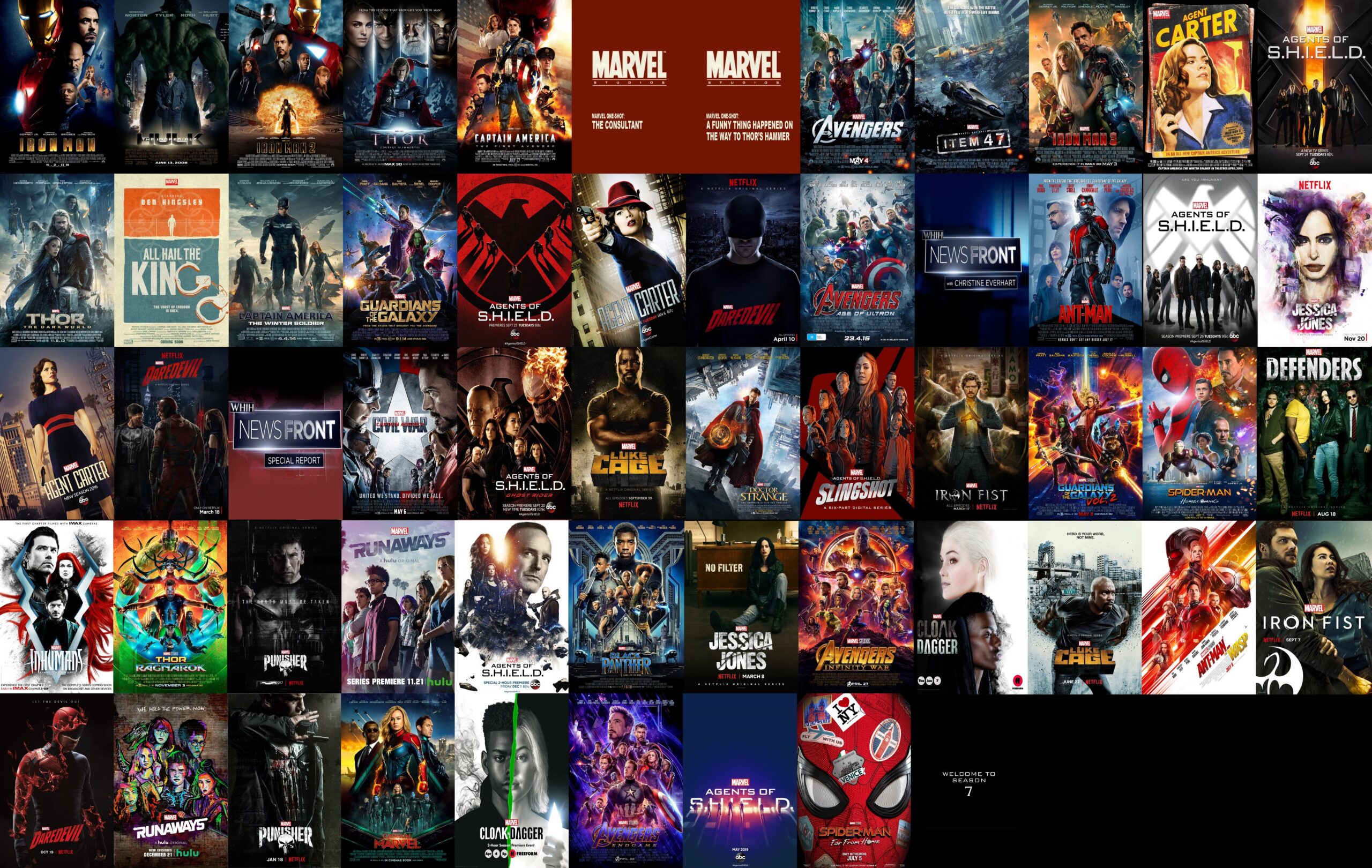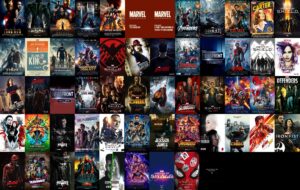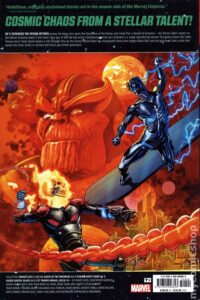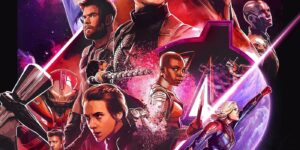The Marvel Cinematic Universe (MCU) has come a long way since its inception in 2008. From humble beginnings with Iron Man to the billion-dollar blockbusters of today, the franchise has continuously pushed the boundaries of storytelling, visual effects, and franchise management. As we look at the latest films, it’s clear that the MCU has undergone significant evolution, both in terms of its narrative approach and its impact on the global cinematic landscape.

- The Best MCU Movie Villains Ranked
- Unlocking The Gates Of The Multiverse: A Deep Dive Into Marvel’s Latest Cinematic Masterpiece
- The Best MCU Movie Quotes Of The Last Five Years
- À la recherche des héros oubliés de la Seconde Guerre mondiale
- The Impact Of Time Travel In MCU’s Latest Movie
One of the most notable changes in recent MCU films is the emphasis on character development and emotional depth. Movies like Black Panther and Captain Marvel have led the way in creating complex, multidimensional characters that audiences can root for. The films’ focus on themes such as identity, family, and power resonates with viewers on a deeper level, making the cinematic experience more immersive and impactful.
The MCU’s recent exploration of fantasy and science fiction elements has also opened up new avenues for storytelling. Thor: Ragnarok and Doctor Strange introduced magic and the multiverse to the franchise, expanding its cosmic scope and possibilities. This expansion has enabled the creation of fresh, visually stunning narratives that blend action, adventure, and mythology.
Moreover, the franchise’s ability to balance individual character arcs within the larger narrative has been a key factor in its success. Avengers: Endgame demonstrated how multiple storylines could be expertly woven together, culminating in a satisfying conclusion to the Infinity Saga. This intricate web of interconnected narratives has become a hallmark of the MCU, allowing fans to follow their favorite characters across different films and storylines.
However, the MCU’s recent attempts to diversify its cast and crew have also faced challenges. Films like Eternals and The Falcon and the Winter Soldier have been praised for their representation of underrepresented communities, but some viewers have criticized the franchise for relying on familiar formulas and tropes. The delicate balance between innovation and adherence to established norms remains a pressing issue for the franchise moving forward.
The rise of Disney+ has also significantly impacted the MCU’s evolution. The platform has enabled the creation of a range of television series, from Loki to Hawkeye, which have expanded the franchise’s reach and provided new opportunities for character development. While some fans may have initially expressed concerns about the shift towards television, the success of these shows has demonstrated that the MCU can thrive across multiple formats.
As we look to the future of the MCU, it’s clear that its evolution will continue to shape the course of the franchise. The incorporation of new characters, worlds, and themes will undoubtedly lead to exciting new narratives and a fresh wave of cinematic spectacles. However, the franchise must also confront its limitations and challenges head-on, ensuring that its growth is inclusive, innovative, and sustainable.
In conclusion, the latest films in the MCU offer a fascinating glimpse into the franchise’s ongoing evolution. By embracing new ideas, exploring different narrative approaches, and prioritizing character development, the MCU has solidified its position as a global cinematic force. As the franchise continues to expand and adapt, one thing is certain – the best is yet to come from the Marvel Cinematic Universe.




